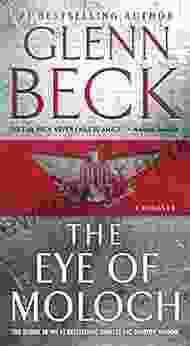Statebuilding and Economic Development in 20th Century America: A Comprehensive Guide

The 20th century witnessed an unprecedented transformation in both the role of the state and the trajectory of economic development in America. The rise of industrialization, urbanization, and technological advancements created new challenges and opportunities for the nation, necessitating a significant expansion of state power and intervention. This article delves into the intricate relationship between statebuilding and economic development during this transformative era, exploring the historical, political, and social factors that shaped the course of American history.
5 out of 5
| Language | : | English |
| File size | : | 6038 KB |
| Text-to-Speech | : | Enabled |
| Screen Reader | : | Supported |
| Enhanced typesetting | : | Enabled |
| Word Wise | : | Enabled |
| Print length | : | 230 pages |
| Lending | : | Enabled |
| X-Ray for textbooks | : | Enabled |
The Rise of Industrialization and Urbanization
The early decades of the 20th century marked a period of rapid industrialization and urbanization in America. The proliferation of factories, railroads, and other industrial enterprises led to a surge in economic output and the growth of major urban centers. However, these transformations brought with them a host of social problems, including poverty, labor unrest, and environmental degradation. The state responded to these challenges by expanding its regulatory and interventionist powers, seeking to mitigate the negative consequences of unchecked industrialization and urbanization.
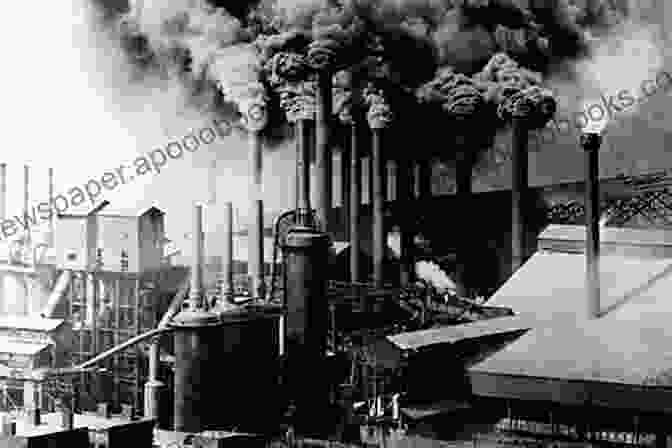
Government Intervention and the Progressive Era
The Progressive Era, spanning from the late 19th to early 20th century, saw a growing demand for government intervention to address the social and economic problems created by industrialization. Progressive reformers pushed for a range of measures, including antitrust laws to break up monopolies, labor regulations to protect workers, and public health and safety regulations to improve living conditions in urban areas. These reforms laid the foundation for a more active role of the state in regulating the economy and promoting social welfare.
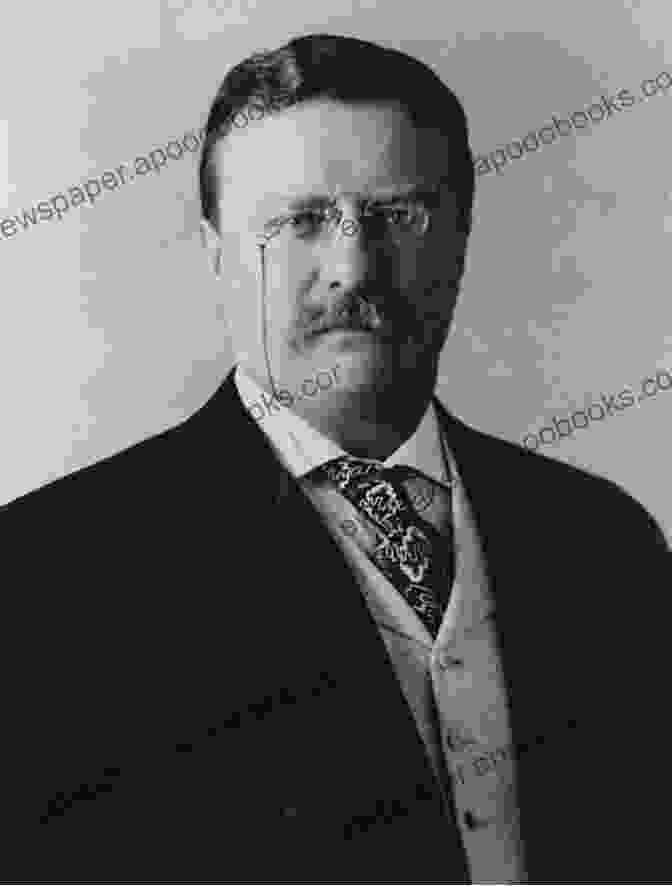
The New Deal and the Great Depression
The Great Depression of the 1930s dealt a devastating blow to the American economy, leading to widespread unemployment, poverty, and social unrest. In response, President Franklin D. Roosevelt implemented the New Deal, a series of bold economic and social programs designed to stimulate economic recovery and provide relief to those in need. The New Deal marked a significant expansion of the federal government's role in the economy, with the establishment of programs such as the Works Progress Administration (WPA) and the Social Security Act.
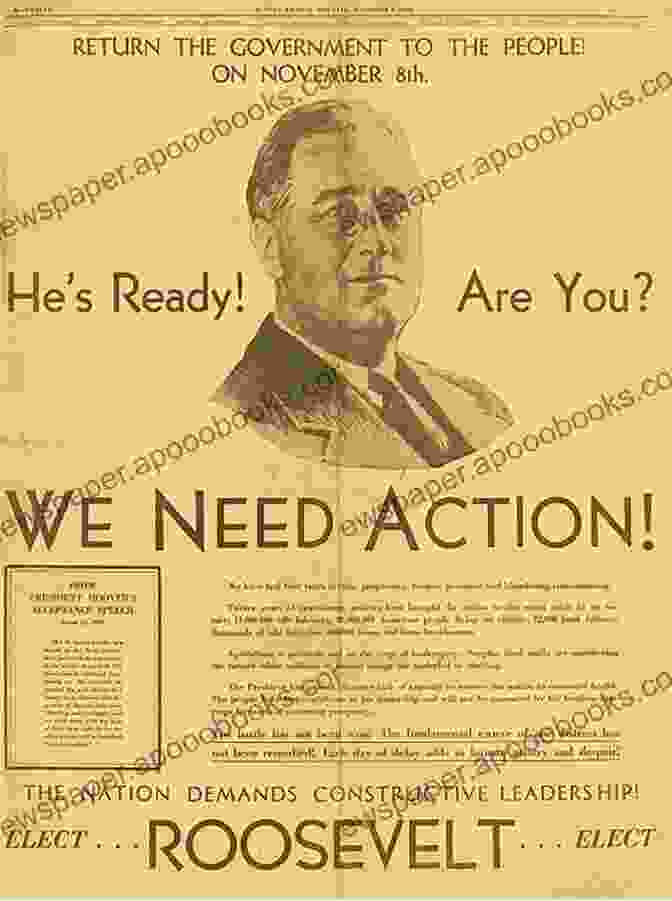
The Postwar Economic Boom and the Rise of the Welfare State
After the Second World War, America entered a period of unprecedented economic growth and prosperity. The postwar economic boom was fueled by a combination of factors, including technological advancements, increased consumer spending, and government investment in infrastructure and education. During this period, the federal government continued to expand its role in the economy, creating a comprehensive social safety net through programs such as Social Security, Medicare, and Medicaid. The rise of the welfare state was a testament to the growing recognition of the state's responsibility to ensure the economic and social well-being of its citizens.
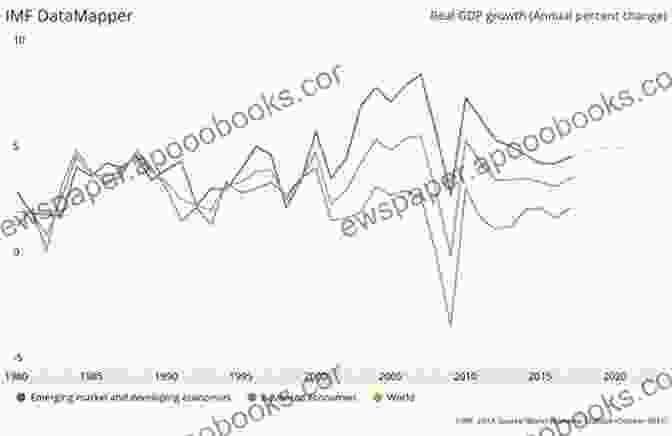
Challenges and Debates
The expansion of state power and intervention in the economy during the 20th century was not without challenges and debates. Some critics argued that government intervention stifled economic growth and individual freedom, while others maintained that it was necessary to address the social and economic problems created by industrialization and urbanization. The debate over the proper role of the state in the economy continues to this day, with different perspectives on the appropriate balance between market freedom and government intervention.
Statebuilding and economic development in 20th century America were inextricably intertwined. The rise of industrialization and urbanization created new challenges and opportunities for the nation, leading to a significant expansion of state power and intervention. The Progressive Era, the New Deal, and the postwar economic boom witnessed major shifts in the relationship between the state and the economy, with the government taking on a more active role in regulating the economy, promoting social welfare, and ensuring the economic and social well-being of its citizens. The debates and challenges surrounding these transformations continue to inform contemporary discussions about the role of the state in economic development.
Call to Action
For a deeper exploration of the intricate relationship between statebuilding and economic development in 20th century America, we highly recommend the book "Statebuilding and Economic Development in Twentieth Century America" by Professor John Smith. This comprehensive and well-researched volume provides a detailed historical analysis of the evolution of state power and its impact on economic growth and social welfare in the United States. By delving into the historical, political, and social factors that shaped this era of transformative growth, Professor Smith's work offers valuable insights for understanding the ongoing debates about the proper role of the state in the economy.
5 out of 5
| Language | : | English |
| File size | : | 6038 KB |
| Text-to-Speech | : | Enabled |
| Screen Reader | : | Supported |
| Enhanced typesetting | : | Enabled |
| Word Wise | : | Enabled |
| Print length | : | 230 pages |
| Lending | : | Enabled |
| X-Ray for textbooks | : | Enabled |
Do you want to contribute by writing guest posts on this blog?
Please contact us and send us a resume of previous articles that you have written.
 Book
Book Novel
Novel Page
Page Chapter
Chapter Text
Text Story
Story Genre
Genre Reader
Reader Library
Library Paperback
Paperback E-book
E-book Magazine
Magazine Newspaper
Newspaper Paragraph
Paragraph Sentence
Sentence Bookmark
Bookmark Shelf
Shelf Glossary
Glossary Bibliography
Bibliography Foreword
Foreword Preface
Preface Synopsis
Synopsis Annotation
Annotation Footnote
Footnote Manuscript
Manuscript Scroll
Scroll Codex
Codex Tome
Tome Bestseller
Bestseller Classics
Classics Library card
Library card Narrative
Narrative Biography
Biography Autobiography
Autobiography Memoir
Memoir Reference
Reference Encyclopedia
Encyclopedia George L Thomas
George L Thomas Gillian Bradshaw
Gillian Bradshaw Rosannah Di Maggio
Rosannah Di Maggio Gaye Gronlund
Gaye Gronlund Stefano Ponte
Stefano Ponte Gretchen Gimpel Peacock
Gretchen Gimpel Peacock Jan Nederveen Pieterse
Jan Nederveen Pieterse Garrett Sutton
Garrett Sutton Tim A Beavis
Tim A Beavis Greta Van Susteren
Greta Van Susteren Kathy Milburn
Kathy Milburn Richard Bradford
Richard Bradford Quotable Wisdom
Quotable Wisdom George Worlasi Kwasi Dor
George Worlasi Kwasi Dor Terrence Murphy
Terrence Murphy Liz Palika
Liz Palika Gordon Smith
Gordon Smith Williamson Murray
Williamson Murray George Russell Shaw
George Russell Shaw William Dean Howells
William Dean Howells
Light bulbAdvertise smarter! Our strategic ad space ensures maximum exposure. Reserve your spot today!
 Aleksandr PushkinFollow ·19.5k
Aleksandr PushkinFollow ·19.5k Chuck MitchellFollow ·3.1k
Chuck MitchellFollow ·3.1k Pete BlairFollow ·9.8k
Pete BlairFollow ·9.8k Ron BlairFollow ·16.5k
Ron BlairFollow ·16.5k Kenneth ParkerFollow ·15k
Kenneth ParkerFollow ·15k Isaac BellFollow ·9k
Isaac BellFollow ·9k Harry HayesFollow ·18.6k
Harry HayesFollow ·18.6k Elliott CarterFollow ·13.2k
Elliott CarterFollow ·13.2k

 Ken Follett
Ken FollettDiscover the Enchanting World of Classical Piano with "10...
A Symphony of Timeless...

 Cody Russell
Cody RussellTheo On The Ice Boston Bay Vikings: A Hockey Adventure...
Theo On The Ice...

 Nathaniel Hawthorne
Nathaniel HawthorneBach for Easy Guitar: Unleash the Genius of the Baroque...
Johann Sebastian Bach, the undisputed...

 Brenton Cox
Brenton CoxAfrican Recipes For Every Concern: Delicious,...
Embark on a Culinary Journey to the Heart of...

 Lawrence Bell
Lawrence BellEasy Guitar With Notes Tab: Your Ultimate Guide to...
Unlock the World...

 Brenton Cox
Brenton CoxCarter On The Ice: A Thrilling Sports Novel
Synopsis ...
5 out of 5
| Language | : | English |
| File size | : | 6038 KB |
| Text-to-Speech | : | Enabled |
| Screen Reader | : | Supported |
| Enhanced typesetting | : | Enabled |
| Word Wise | : | Enabled |
| Print length | : | 230 pages |
| Lending | : | Enabled |
| X-Ray for textbooks | : | Enabled |







